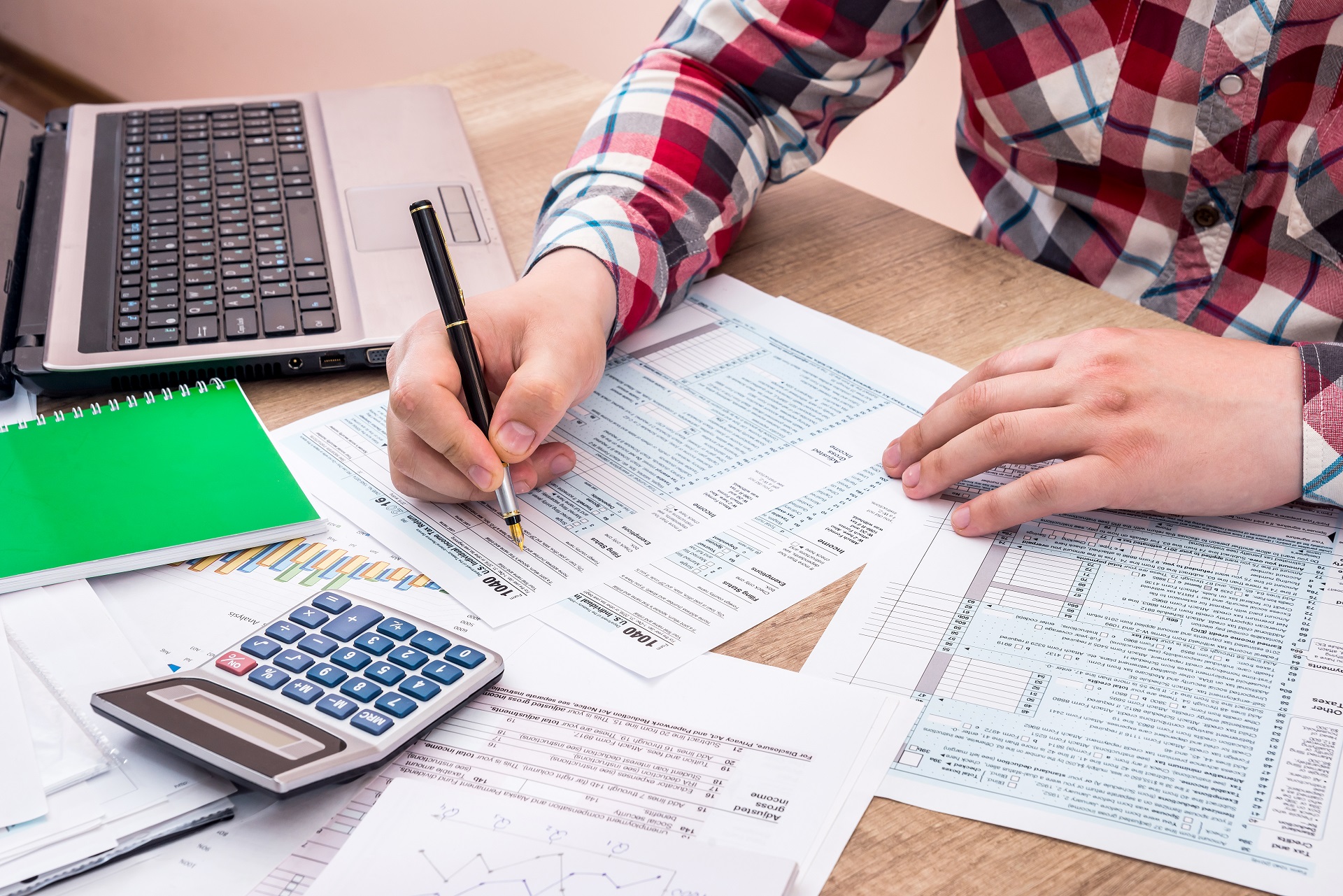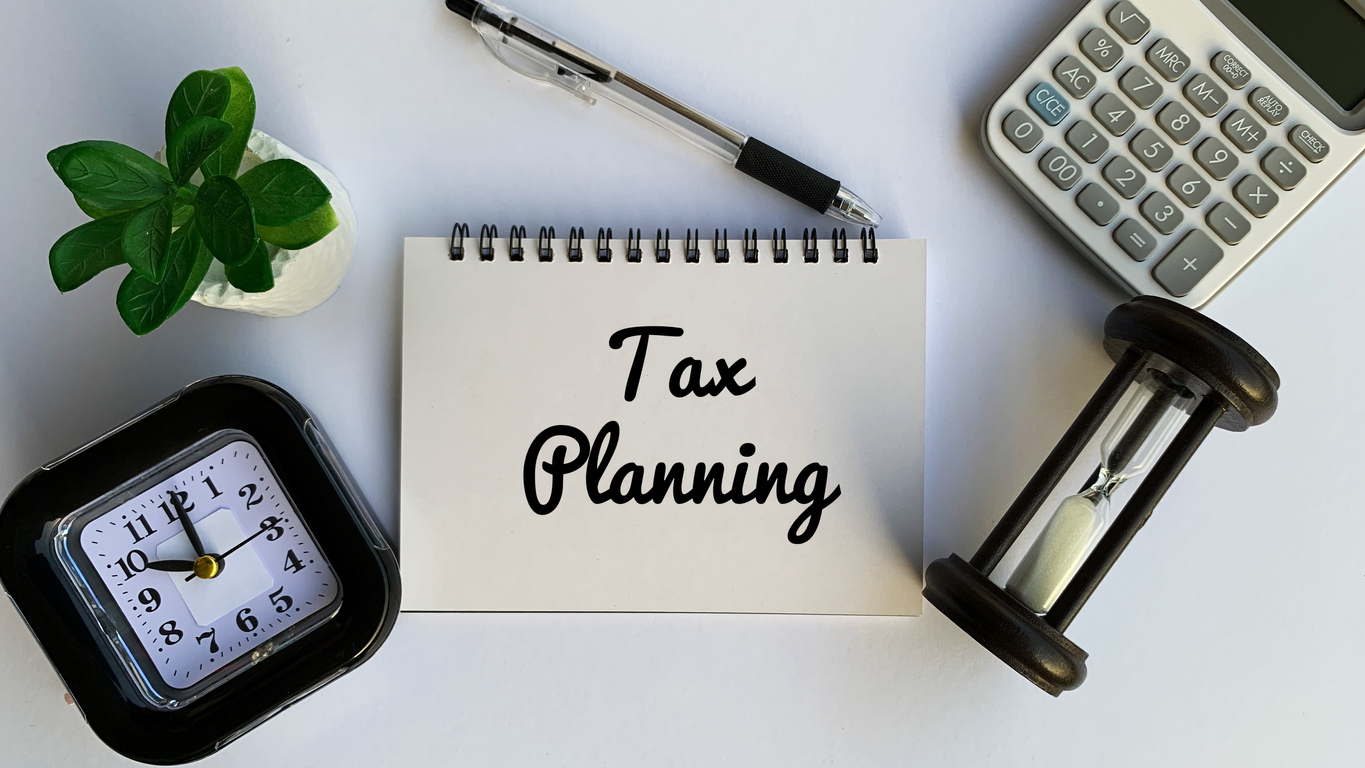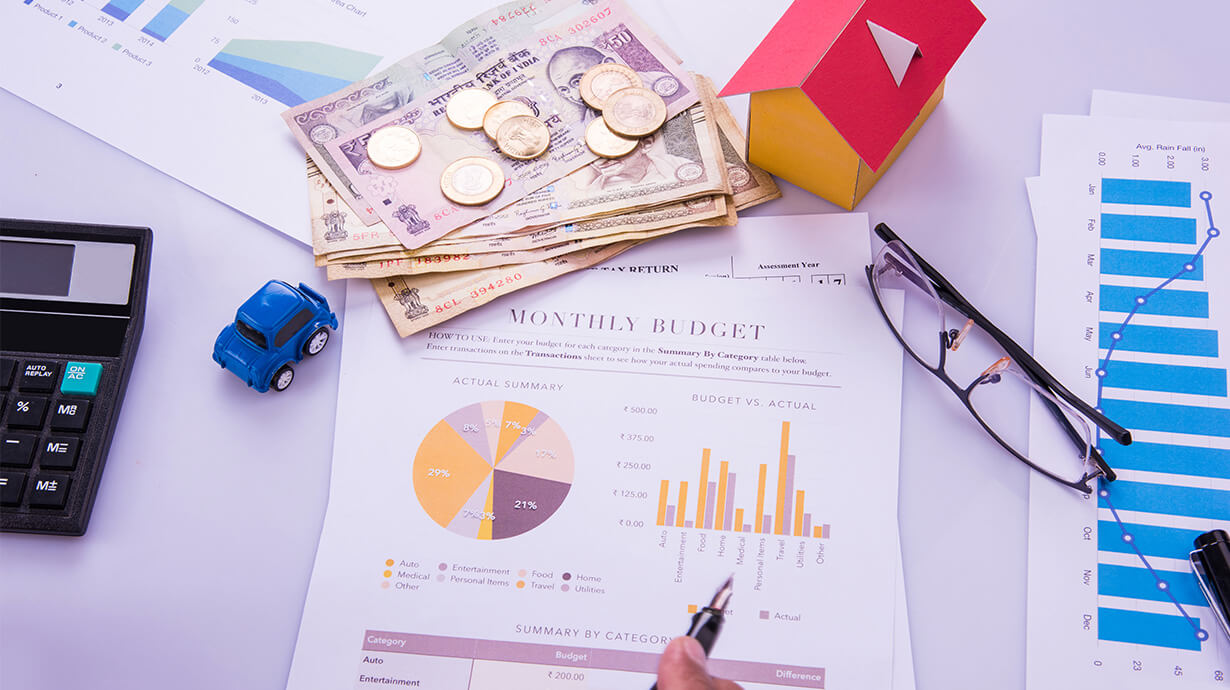If you are a brand new home-based entrepreneur or a seasoned small business owner, managing your accounting systems and preparing for your tax return is paramount to the long term success of your business. It can also save you money in the long run. There are three key steps to ensure proper accounting systems.
Be Organized:
Every self-employed person needs to start off their business with a plan on how to keep their receipts and records organized. Hope Van Leeuwen, MBA and Owner of Seeds into Apples, states “In my role as a small business development counselor, it is very important that I communicate the necessity of a good bookkeeping system with the start-up businesses I coach. I refer these start-up clients to CPAs for their expertise in accounting system setup, training, maintenance, and taxes.” If you have a pretty simple small business many professionals can just create a spreadsheet using Microsoft Excel or Google Docs to organize their files. You will need to make sure that you are keeping all receipts as back up. If your business is a bit bigger, then using software programs like QuickBooks is a next logical step. The files you create can be backed up and given to your accountant so that they can have full access to your books to aid in your financial statement and tax preparation. Remember, that the more organized you are, the more money you will save on your tax preparation fees. Many CPAs offer bookkeeping services, in addition to tax preparation. If you feel keeping your own books is more than you can comfortably handle, I suggest you seek professional accounting help.
Picking a Professional Tax Preparer:
It is important to note that not all book keepers, tax preparers, accountants and CPA’s have the same background and education. The tax payer is ultimately responsible for their tax return accuracy. Many tax preparers are not qualified to assist entrepreneurs in the more complex laws that relate to business tax returns, buying and selling assets, self-employment tax, depreciation, and investments. If you do have an issue with a tax return, remember that only enrolled agents, attorneys, and CPAs have unlimited rights to represent taxpayers before the IRS.
Certified Public Accountant (CPA) licenses are issued by the individual states. Most states require 150 hours of college credit which should include at least 30 college credit hours of accounting and a BA or BS degree, 2 -4 years of work experience under a CPA, passing the Uniform CPA exam and a state regulation and ethics exam. To review your specific state’s requirements check out this AICPA link ( https://www.thiswaytocpa.com/exam-licensure/state-requirements/ ). Each CPA is also required to complete at least 40 hours of continuing education per year. Some states, like North Carolina, also require 2 hours of ethics regulation review per year.
Enrolled Agents (EA) is a tax preparer who has passed a test issued by the IRS. Their scope of knowledge is limited to taxation. Many of the EAs that I know do not do any other accounting functions outside of tax returns. Their “license is earned in one of two ways, by passing a comprehensive examination which covers all aspects of the tax code, or having worked at the IRS for five years in a position which regularly interpreted and applied the tax code and its regulations.” According to the NAEA, the IRS also requires them to perform 72 hours of continuing education every 3 years.
Tax Attorney must have a Juris Doctor degree and have passed a state Bar exam. Attorneys who specialize in tax law may also have an accounting degree, have taken advanced courses in tax law or masters of law degree in taxation.
National Chain Tax Preparation Services- These businesses only require a short class in data entry. On one of their websites, they offer/advertise a class to become a tax preparer that costs $99 and is only 36 contact hours long.
Bookkeeper/Accountant- The terms tax preparer and accountant are not legally regulated therefore anybody with any background can call themselves a tax preparer or accountant. You will have to inquire with these individuals about their individual background and training.
Self-Preparation via tax software – Remember, since you are doing your own return you are legally responsible for all the numbers you put on the return. Ignorance of the law is not considered an acceptable excuse with the IRS.
Develop a long term relationship with your Tax Professional:
Saralyn Monroe Collins, Owner of The Training Bridge, states “I’m scared to leave my CPA. Even though we do as much as possible electronically, she has saved us thousands over the years. I took a few courses early in my career and tried to do my taxes myself for a while. Even though I did OK, I always felt there was more an expert could have done. So I strongly recommend to my clients that they find a CPA they like and trust and use him/her for the long haul.”
Mitch McDowell, Business Councilor at Mississippi Small Business Development Center, states that “the biggest benefit of using a Certified Public Accountant (CPA) over other services such as tax software or national chain tax preparation services is the personal relationship that cannot be obtained by other means. That relationship includes certified knowledge which cannot be easily obtained. Tax preparation software is limited to what you tell it but a person, who has built a relationship with you, can ask those deep questions and find the answers that the software isn’t able to. National chain tax preparation services lack education. The majority of the tax preparers are individuals who take a single course in a month or two prior to tax season. A CPA has been preparing tax returns for years and has passed national exams to become certified. A CPA’s knowledge is extensive and not limited to a single class. Additionally, with a CPA you can ask questions of them to help develop a long term tax planning strategy.”


